| The beauty of God is reflected in creation, in the sky, in the sea, in the earth; but it is especially manifest in spiritual creation, of which the human soul is nearest to all of us. Yet the invisibility of the soul precludes our viewing this fairest manifestation of God's beauty unless it be further manifested in the effects proper to the soul, the conception and expression of thoughts, either singly or in more elaborated forms of composition. The conception of thought and the forms of expression depend on time, place, temperament of the thinker, training and ability, and another element which is known as the spirit of the thinker, or his attitude toward life. When a writer succeds in combining beauty of thought with beauty of expression and giving a clearer view of the beauty of the soul which is a more evident manifestation of God's beauty, then he has created a monument of enduring literary and artistic value. |
| In this work, the Meditations of Guigo, are to be found more than glimpses of the beauty of the human soul in its highest hopes and achievements. One does not have to be pious to appreciate this literary work, though the tenets of divine Faith will deepen and expand the enjoyment of it. The vigor, intimacy, freshness, strength and honesty of Guigo's thoughts combine with high literary merit to present a most interesting and unusual work of beauty. This document is in reality a series of reflections addressed for the most part by the author to himself. It consists of 476 sections of varying length, some only a line, some of several pages, which embody the thoughts, aspirations, rebukes, and inspirations which Guigo wrote down for his own benefit and improvement. But his words, written to his own soul in the presence of Christ, transcend his own time and his own circumstances. He has, without knowing it and without intending to do so, composed a work of humanity which marks the triumph of the Christian spirit, for it captured forever some of the wisdom, the great faith, and the love of God that vivified the soul of Guigo. |
| The nature of the subject matter naturally invites a comparison of this work with the meditations of Marcus Aurelius, and with Pascal's Pensees. Nor does Guigo need to retreat before the more famous literary predecessors: the pagan emperor lacks, of course, the ultimate profundity of Prior Guigo, who, likewise, surpasses the thinker of the classic age in originality and freshness. What Guigo lacks in literary symmetry and perfection of form, he compensates for in bright fresh- |
|


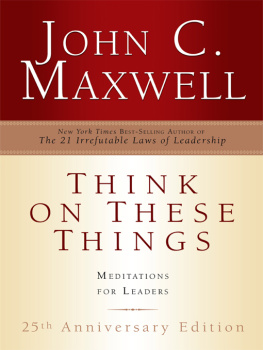

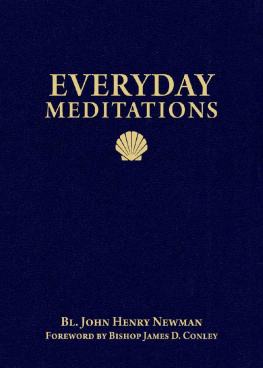
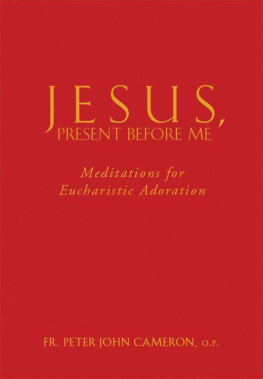
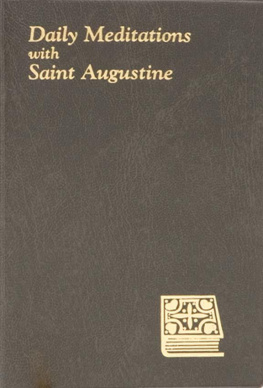
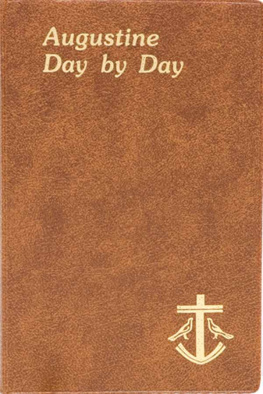
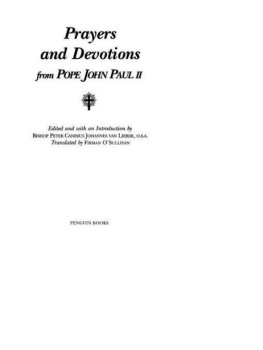

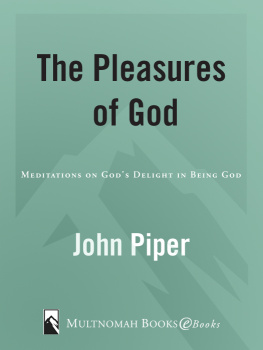
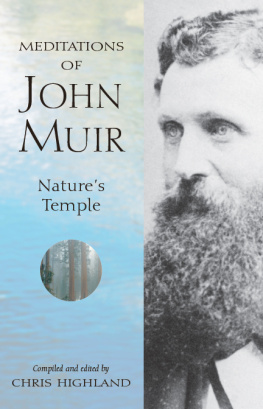
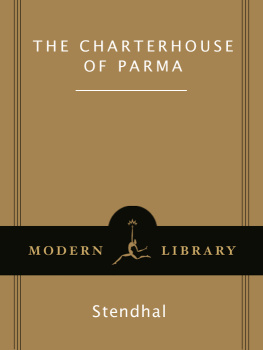
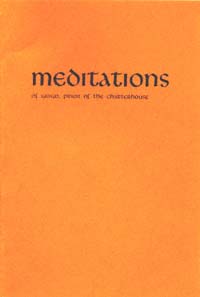
 Moyses E. Kiley
Moyses E. Kiley